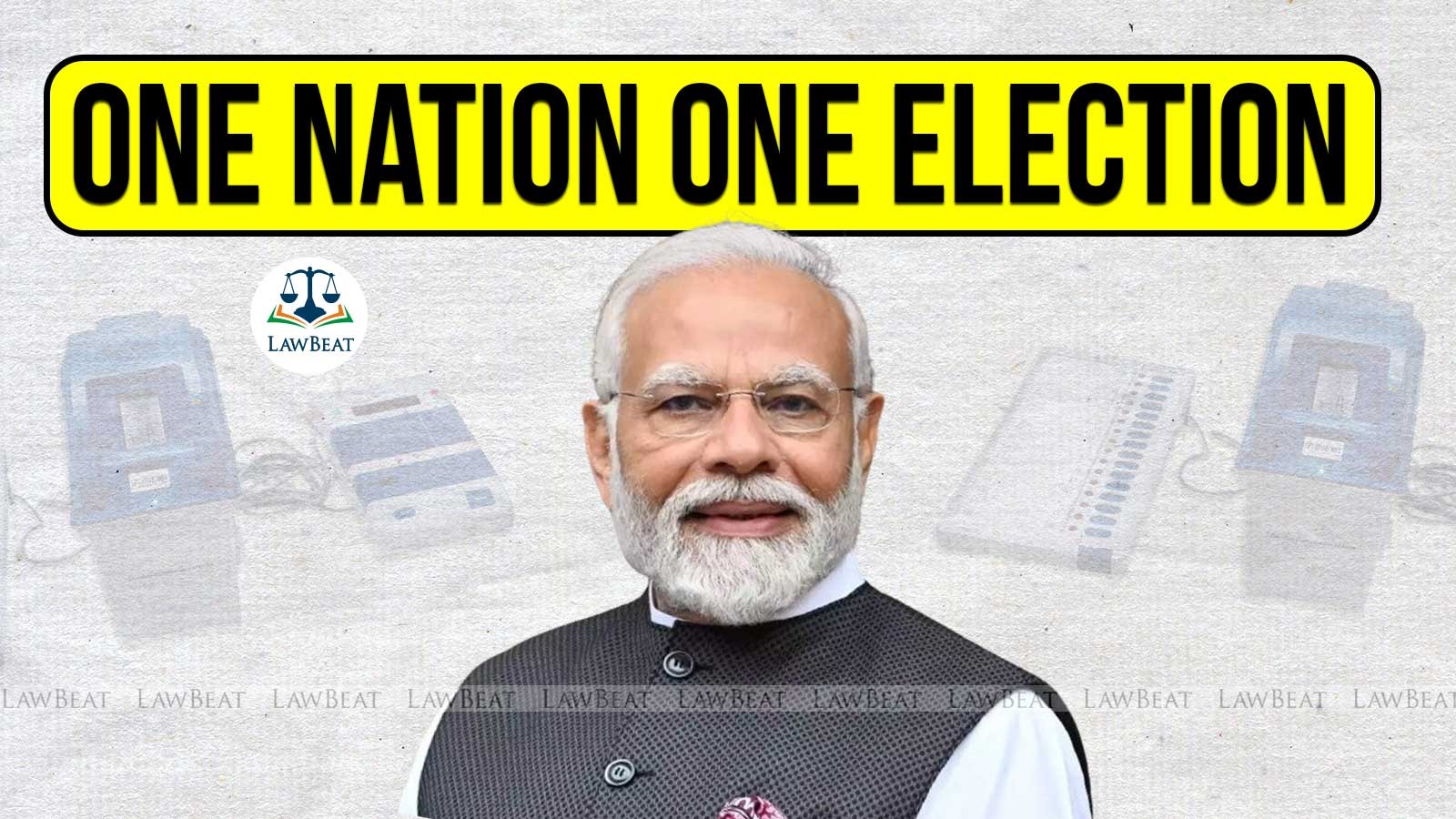Modi Cabinet Clears 'One Nation, One Election' Proposal, Bill Expected in Winter Session

The ‘One Nation, One Election’ bill is likely to be introduced in the winter session and implementing it would necessitate several constitutional amendments and legislative changes
The Union Cabinet, led by Prime Minister Narendra Modi, on Wednesday, September 18, 2024 approved the proposal for ‘One Nation, One Election’, a comprehensive reform aiming to synchronize the electoral cycles for the Lok Sabha and state assemblies into a single schedule. This move, heralded as a step towards streamlining India’s election processes, is likely to be introduced as a bill in the upcoming winter session of Parliament.
The approval comes in the wake of a detailed report submitted by a high-level committee, chaired by former President Ram Nath Kovind, which submitted its extensive 18,626-page report to President Droupadi Murmu in March 2024. The report is backed by consultations with 47 political parties, out of which 32 expressed support for the concept of simultaneous elections. Additionally, insights were gathered from a broad range of legal experts, including four former Chief Justices of India, twelve former Chief Justices of High Courts, and four former Chief Election Commissioners. These experts weighed in on the constitutional amendments required, the potential legal challenges, and the implications for federalism and state autonomy.
Key findings from the report include:
- Public opinion in favour, with 80% of 21,558 respondents backing the reform.
- The Election Commission of India’s perspectives were carefully considered. The ECI had emphasised the need for robust legal mechanisms to ensure the integrity of simultaneous elections. It raised logistical concerns, noting that aligning election cycles would place a significant burden on the electoral machinery and require substantial reforms in election management laws.
- Economic analysis pointed to the negative effects of staggered elections on economic growth and public spending.
The synchronization of elections will also require significant changes to India’s Constitution and key statutes. Two central provisions are at the core of the legal reforms necessary for the implementation of simultaneous elections:
Article 172: This provision governs the term of state legislatures, which is currently five years from the date of their first sitting. To align state elections with the national election cycle, amendments to this article will be necessary to either extend or curtail the terms of certain state assemblies.
Article 356: This article, which deals with the imposition of President’s rule in states, will need revisions to accommodate unforeseen disruptions to synchronized elections. States under President’s rule may require special mechanisms to hold elections concurrently with national polls.
Additionally, amendments to the Representation of the People Act, 1951, which governs the conduct of elections, will be crucial. These amendments will outline the new framework for scheduling elections across both the state and national levels, including provisions for emergencies and exceptions to synchronized elections.
